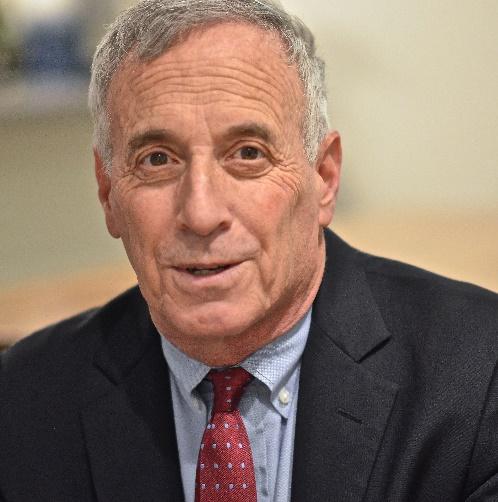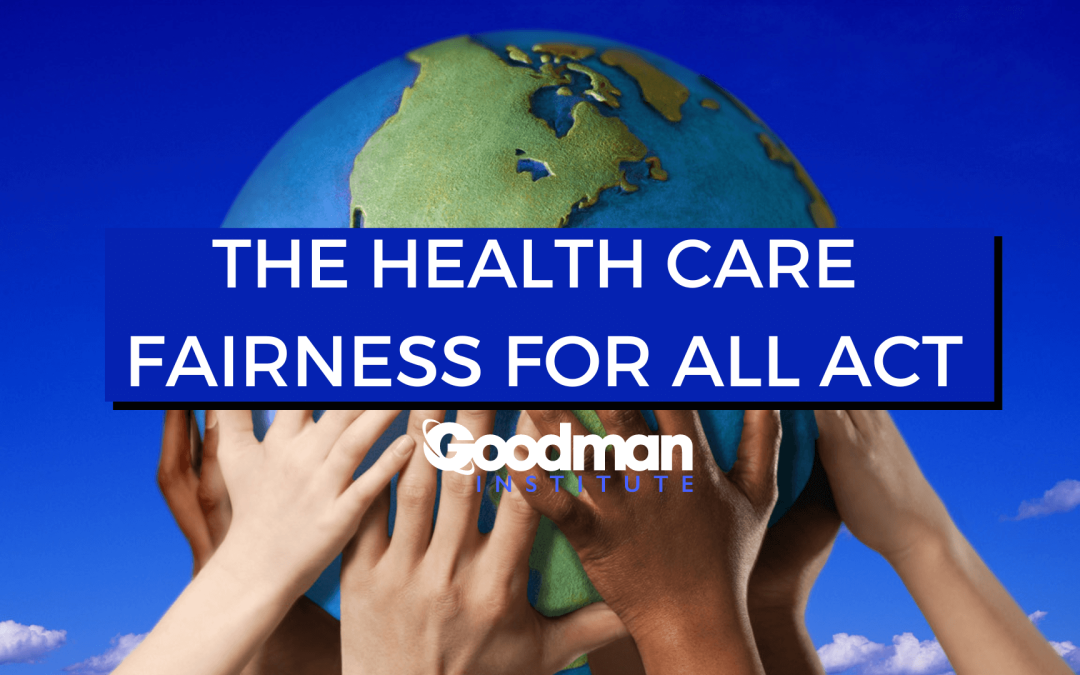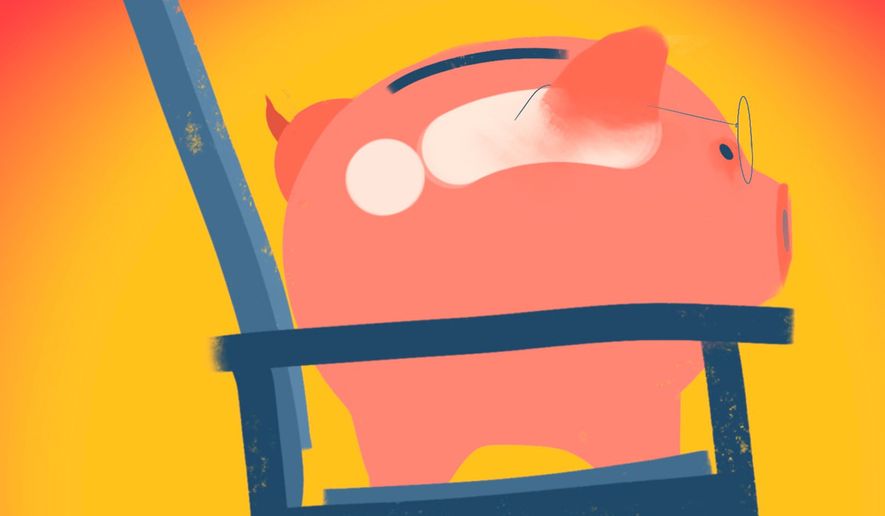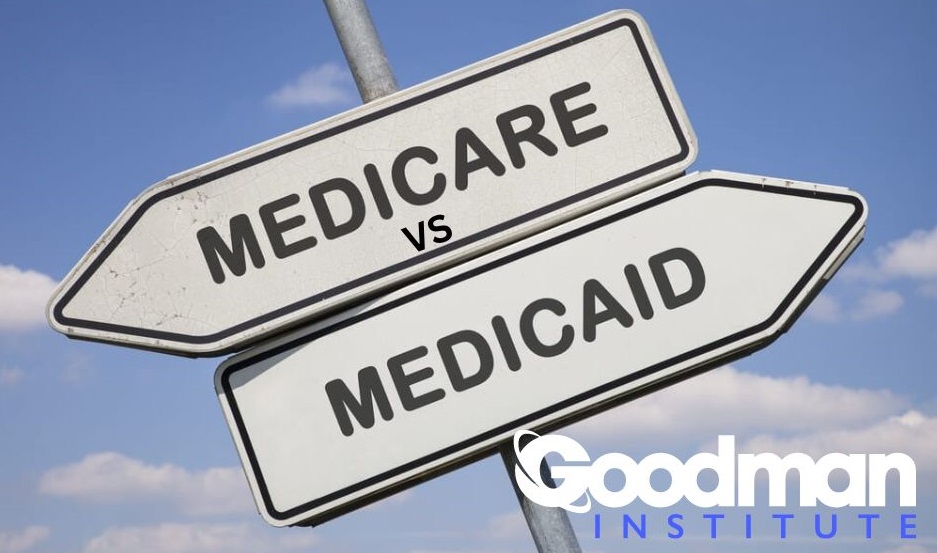
What’s New

Our Fiscal System Needs Reform
Over half of working-age Americans face lifetime marginal tax rates (including direct taxes and loss of entitlement benefits) above 43 percent. One in ten in the bottom fifth face tax rates above 70 percent, effectively locking them into poverty. For some would-be-workers, the tax rates exceed 100 percent.
Extremely high LMTRs reflect the complete loss of family benefits, in the current and future years, from programs such as Medicaid – which ends benefits abruptly if one’s income or assets exceed specific thresholds by even one dollar. More.

Charity Without the Welfare State
We can have a safety net that meets the needs of people who experience misfortune without creating a permanent class of nonworking dependents who behave in socially undesirable ways.

What to Know About Pete Sessions’ Health Reform Bill
With the help of scholars at the Goodman institute and Americans for Prosperity, Congressman Pete Sessions and his colleagues have introduced the Health Care Fairness for All Act. Among its other features, the bill would do the following: 1. For the first time in the...
Dr. John C. Goodman and Congressman Pete Sessions, Texas 17th
In this video interview Dr. John C. Goodman and Congressman Pete Sessions discuss a health reform plan that is a rival to Bernie Sanders’ Medicare for All. (https://sessions.house.gov/2023/5/sessions-introduces-innovative-health-care-reform-legislation) The bill has been written with significant input from the Goodman Institute and Americans for Prosperity.

Update: The Durham Report
Why are the mainstream media outlets so intent on convincing us there is no there, there?
Maybe it’s because the report invites us to review not just the behavior of the FBI and the intelligence community during the Trump presidency, but also the behavior of the media during all that time.
Here is a brief review of all the times Donald Trump was called a “traitor” on the editorial pages of the New York Times and elsewhere. This was not just schoolyard name calling. In column after column, writers encouraged readers to believe that Trump might actually be the agent of a foreign power.

Conservation Leases?
This guest post by Shawn Regan is a substantive analysis of the recent proposal by the Interior Department's Bureau of Land Management to allow leasing of public land for conservation purposes. Regan is vice president of research at the Property and Environment...

2023-2024 National Policy Topic – Economic Inequality
This PDF is the main document concerning National Policy Topic of Economic Inequality.

Why Are There Drug Shortages?
For the past two decades the US has been experiencing shortages of cancer drugs, antibiotics and even saline, a drug potentially needed by almost every patient who gets admitted to the hospital. Nearly all thirty of the most frequently used emergency department drugs experienced shortages from 2006-2019.

Social Security and Medicare Reform

Medicaid Expansion: Expensive, Ineffective, and Damaging to Existing Healthcare Infrastructure
Expanding the Medicaid entitlement can lay waste to a state’s budget and damage its health infrastructure, reducing both the quality and quantity of medical care available to those who both pay for Medicaid and for their own medical care.